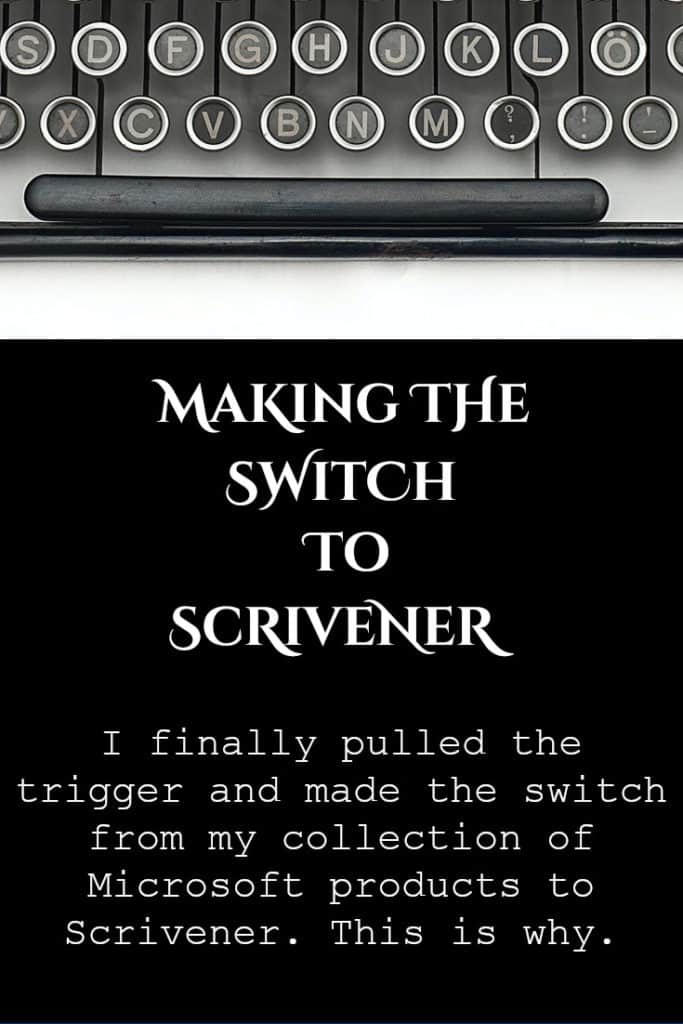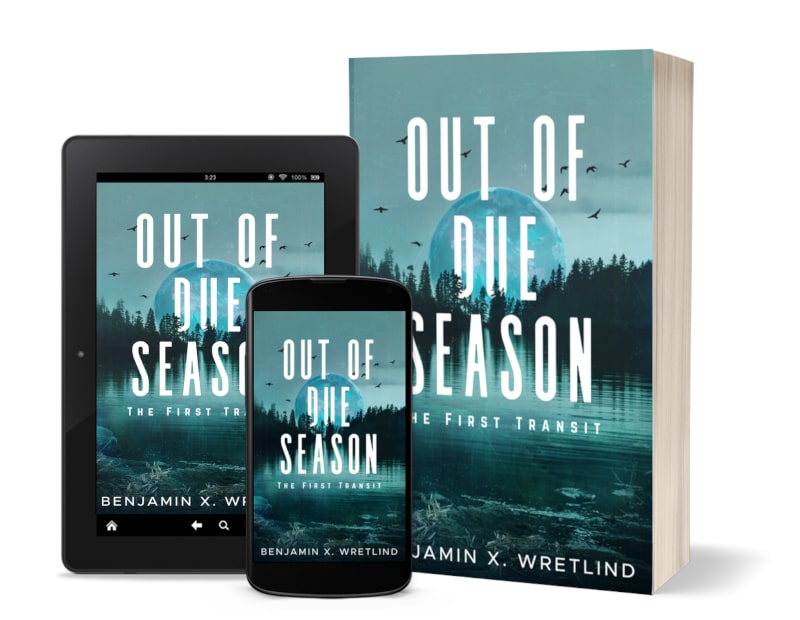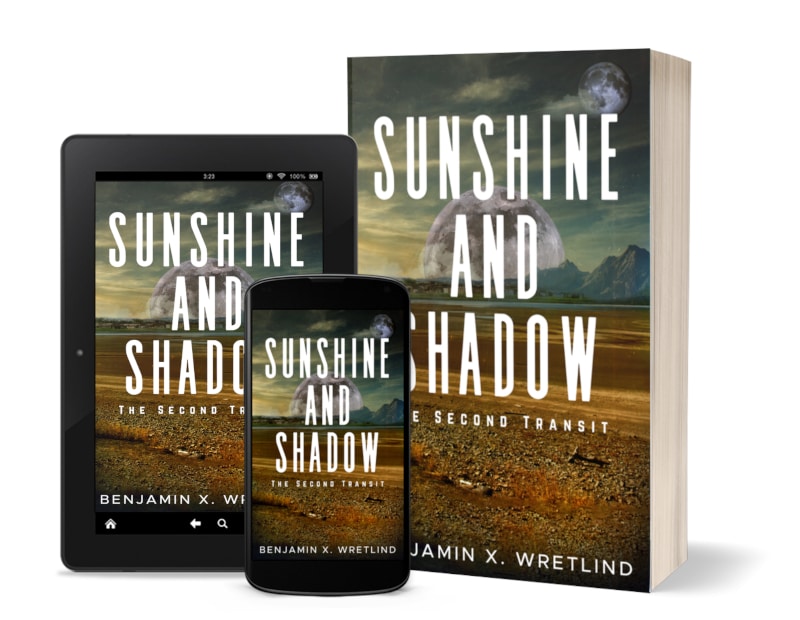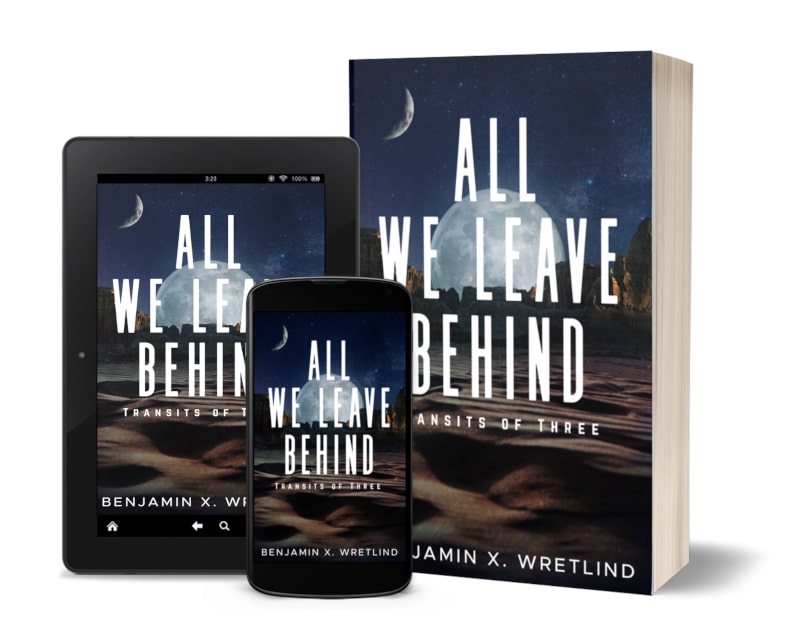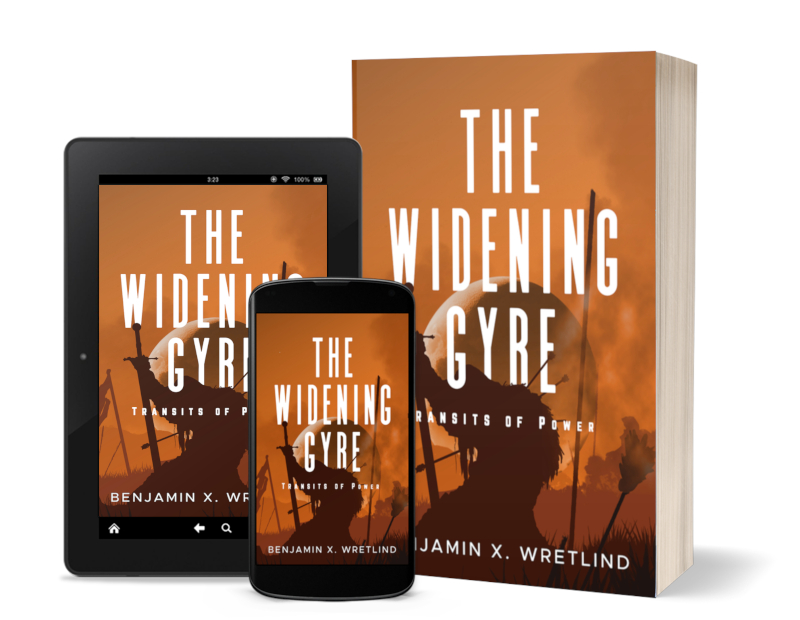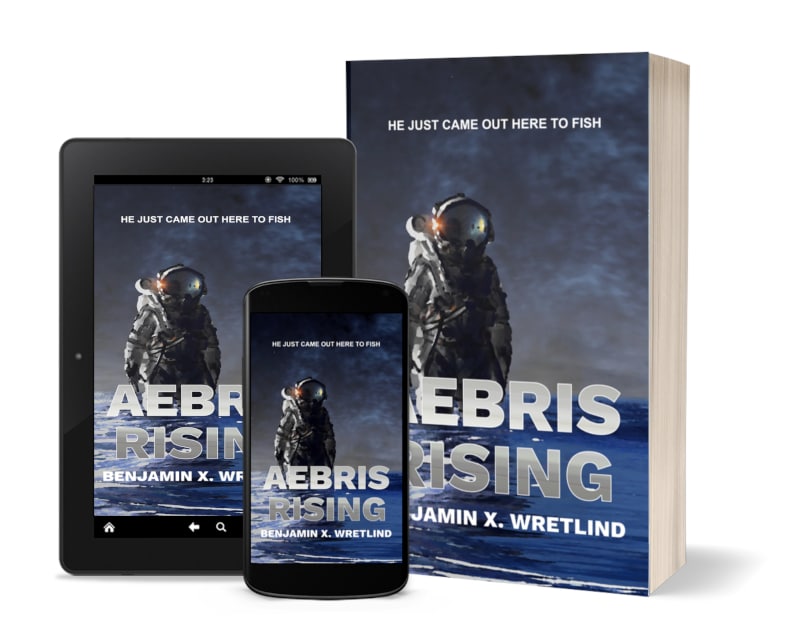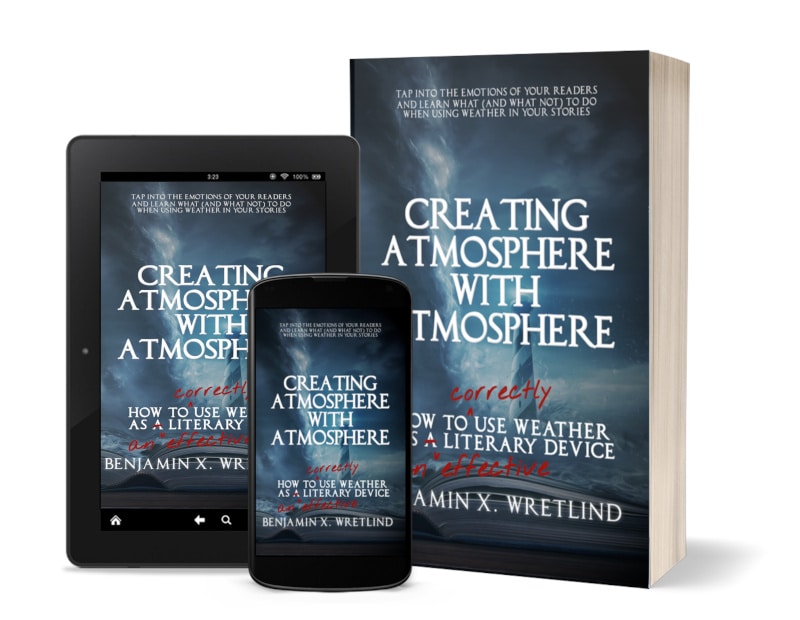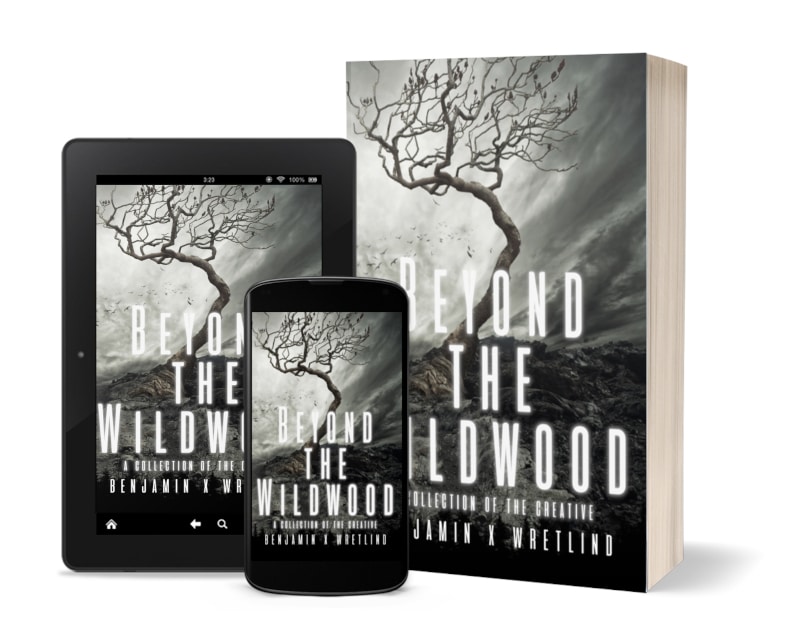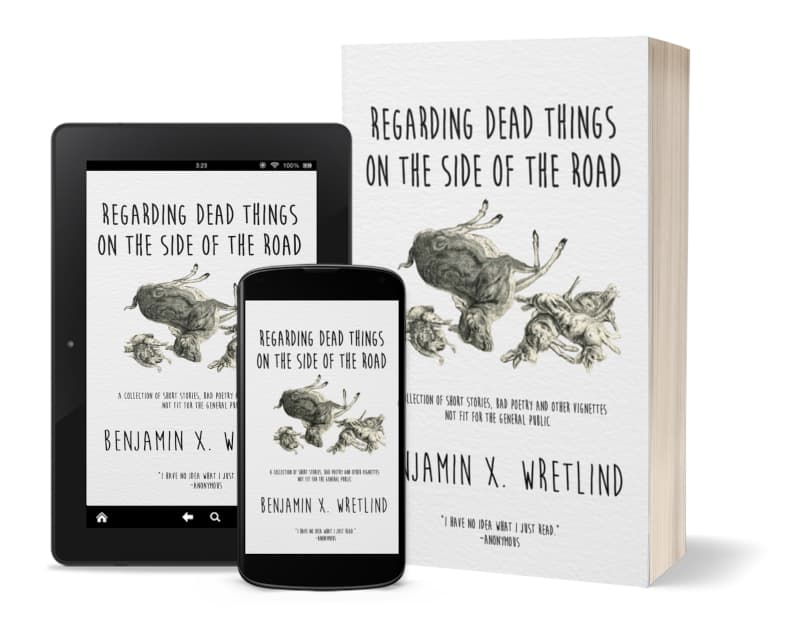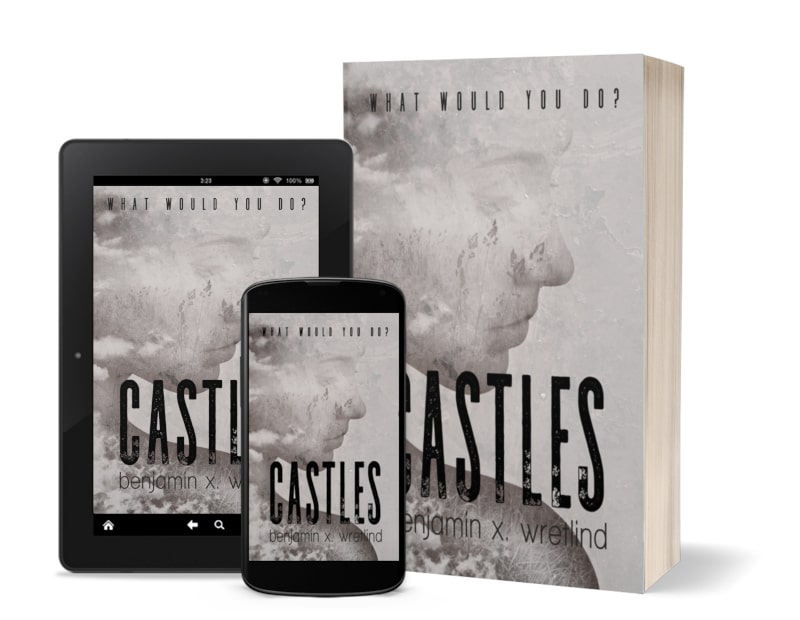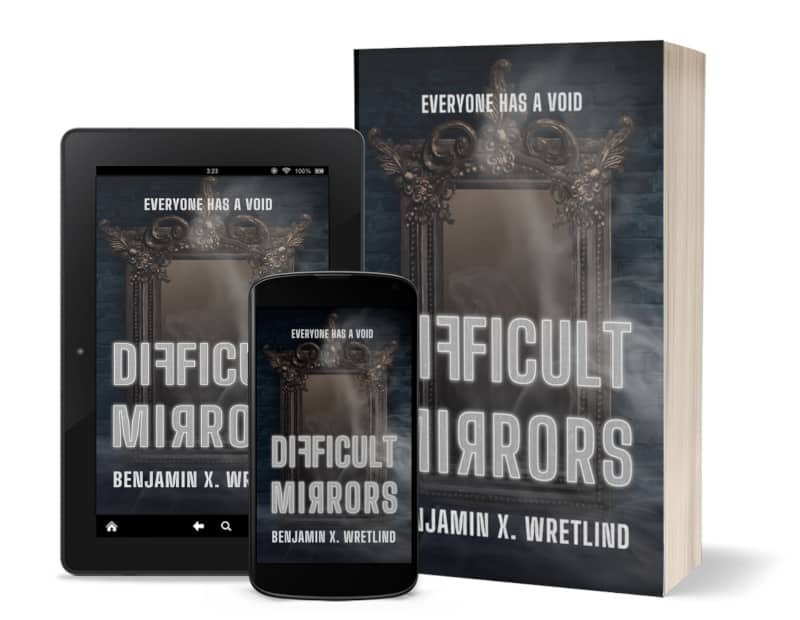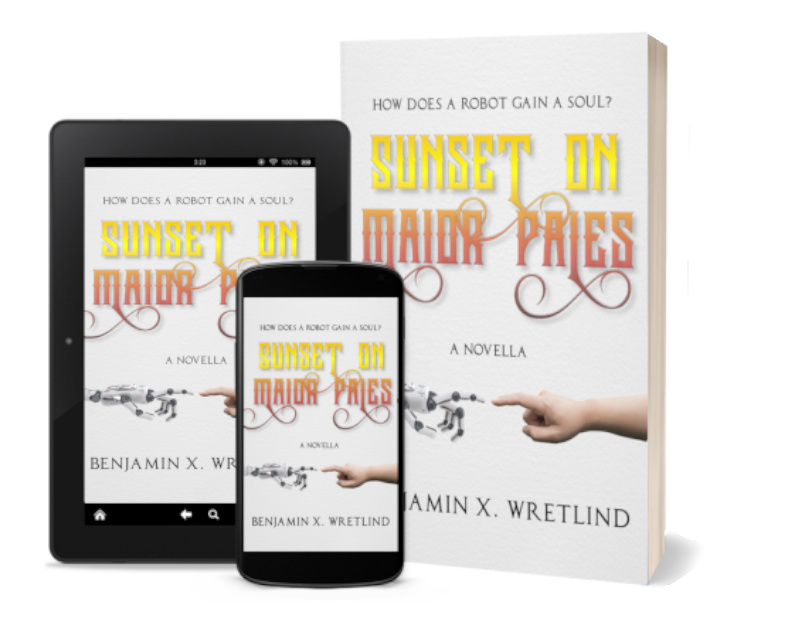Making the Switch to Scrivener
In late August of this year, I finally pulled the trigger and made the switch from my collection of Microsoft products to Scrivener. Ask me why I was doing it at the time, and I would probably say it’s because I’m curious.
I have been using Microsoft Word since 1993. For a short time, between 1990 and then, I was a fan of Word Perfect (which came in 10 5.25-inch floppy discs). Given that it’s near the end of 2022, I can safely say I have been a Word writer for nearly 30 years.
Feeling old, I am.
Anyway, about four or five years ago, I heard about Scrivener for the first time (yes, I’m not that observant). For those who don’t know, Scrivener is (in their words):
..the go-to app for writers of all kinds, used every day by best-selling novelists, screenwriters, non-fiction writers, students, academics, lawyers, journalists, translators and more. Scrivener won’t tell you how to write—it simply provides everything you need to start writing and keep writing.
Oh, so if want to be a best-selling novelist, I must use this awesome tool. That’s how it works, right?
So I tried it.
That first attempt lasted all of one day. I installed a copy, tried to import what I was working on at the time, and decided I would stick with Word.
About a year ago, after finishing the second novel in my Transit series, Sunshine and Shadow, I thought I would try Scrivener again.
Once more: install, import, delete.
I did that a third time just this past April.
I couldn’t get it in my head that to write in Scrivener meant I had to adapt to something I was already doing.
What?
Here was the kicker and what finally sold me on the idea of using the software to write my current novel: Scrivener was already set up in the way that I was comfortable with…just in different view.
For example, not only was I a rapid Word-is-the-only-tool-I’ll-ever-use nerd, I am very skilled at Excel. I’ve been using that piece of spreadsheet software since 1991 (I was introduced to Peachtree, but hated it).
If you look at one of my old posts here on outlining a novel, you’ll see just how extensively I used that piece of software.
What did Scrivener have that Word and Excel didn’t?
Simple: one, non-bloated software package that combined it all into one.
Yes, it took me a week or so to get into the flow and understand what I was doing, and what I’ve learned from using Scrivener is that I can plot as I did in Excel, write as I did in Word, and track my progress. I can easily move things around, focus on what I am doing, and recently I’ve discovered that I can look up stats.
I am a stat-loving person, if you didn’t know.
I’m also a student of change and change management. To be more succinct, I’m a student of learning how to get people to adapt to change.
Think of a large business with a specific model. If a newcomer to the organization sees a different way to do something, it’s common for the members of that organization to resist. How often do we hear “that’s not how we do things around here?” It may be counterproductive, but it is also human.
As a student of change, I’m always looking for new ways to get people to accept a change and morph it into a habit. Rarely, however, do I seek ways to apply that thinking to myself.
In a book I recently read, the protagonist marvels at how blind psychologists are to themselves; while they are adept at pointing out flaws in other people, they can’t seem to look in the mirror and do the same thing.
I often find myself in that situation. Sure, I can write articles on how to deal with impending change or give speeches designed to get people in an organization to embrace it, or build and teach classes on the subject, but I have trouble dealing with change myself.
Changing from Word/Excel to Scrivener has been a change for sure.
There is the change in creative output, the change in daily schedule, the change in how I look at the words I put to paper. But not, apparently, the change in what I was doing already to what I would be doing.
That probably didn’t make sense, but to me, it does.
I’m writing this latest novel using Scrivener but have opted not to bring in a novel I recently finished in Word into that platform. This November, I will be back to Word working on a nonfiction book, but that’s because most of it is already in Word and properly formatted (and indexed). I don’t want to spent hours importing it for fixes when that’s the main reason I deleted the software in the first (and second and third) place.
I don’t think I’ll move back to Word for novels. Maybe. I know I will still use Excel for many writerly tasks (like schedules and calculation), and I have Final Draft for screenplays that I’m working on.
But for now, this current novel I’m working on will be written entirely in Scrivener. Once I move back to write the 4th Transit novel, we’ll see what I do then.
Accepting this sort of change–from 30 years doing one thing to the next 30 doing pretty much the same thing–means I have to pull myself out of my comfort zone.



